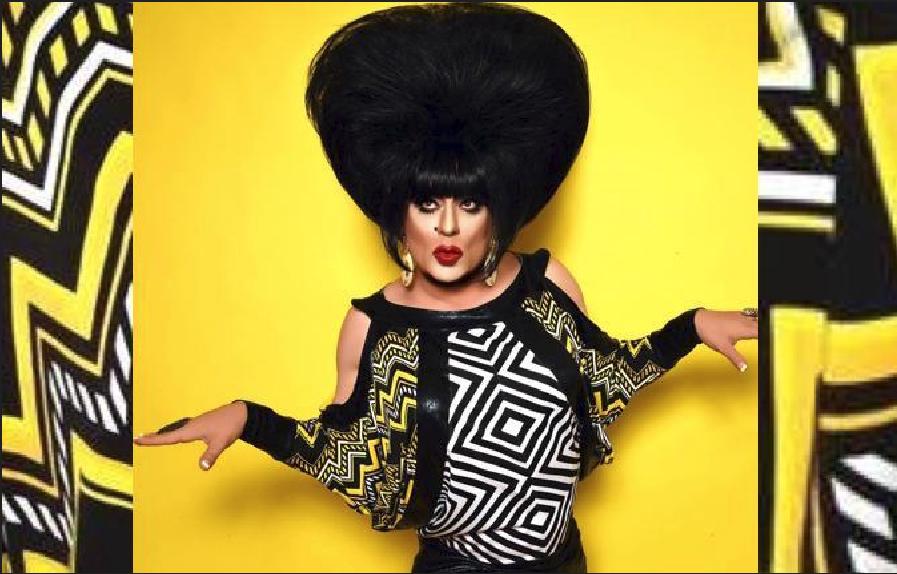‘White Lives Matter’ neo-Nazi admits firebombing church over drag queen event, court told
A supporter of a White Lives Matter group has been arrested for attempting to burn a church “to the ground” over a Drag Queen Story Hour event.
Aimenn Penny, 20, was charged with malicious use of explosives and possessing a destructive device on Friday (31 March) following an arson attack on the Community Church of Chesterland in Ohi
Advertisement Remove ads
An affidavit filed in court states that Penny told FBI agents he attempted to burn “the entire church to the ground” to protect children from the “threat” of drag queens.
Following the failed attack on 25 March, the family-friendly drag event went ahead and was a huge success, attracting more than 100 local residents.
The affidavit states how Penny made the Molotov cocktails and explosives he used to attack the place of worship.
It also details disturbing items discovered in a search of his home, including a handwritten far-right manifesto, a Nazi flag, Nazi memorabilia, a White Lives Matter of Ohio t-shirt, a gas mask, blue painter’s tape and gas cans.
Penny was known to police for distributing racist flyers in October 2022 and making claims that Black people were the “problem”.
FBI investigators found that Penny had taken part in a March protest which saw armed white supremacists and other far-right extremists converge on a park where a drag queen was reading to children, Advocate reported.
‘Hate lost, love wins’
On Facebook, the church thanked law enforcement for their “support and protection of local citizens” on Saturday (1 April), and praised attendees for supporting the Drag Queen Story Hour.
They posted a photo of the event with the caption: “What an amazing day! Thank you to everyone who came out and supported these events in the face of intimidation and fear.
“It was perfect. Well done! Hate lost. Love wins.”
The church’s pastor, Jess Peacock, said the event turned out to be “amazing”.
“I kept seeing the smiles on the kids faces and for me it was like, that’s why we did this,” The Guardian reported them as saying.
What happened on 25 March?
Police were called at around 1pm on Saturday (25 March) to a report of arson at the Community Church of Chesterland.
At the scene, officers found that a crude, home-made Molotov cocktail bomb had hit the church, resulting in damage, along with minor scorching to the exterior. A sign had also been vandalised.
The attack came as the church planned to hold the drag event, hosted by marketing and communications company The Fairmount Group.
Pastor Peacock posted on Facebook following the incident and expressed that they felt “exhausted, angry, saddened and frustrated”.
President and chief executive of The Fairmount Group, Mallory McMaster, told PinkNews after the attack that she believes the attacks aren’t specifically about drag, children or the LGBTQ+ community.
Instead, McMaster said she believes the attacks on drag shows are hate group’s “attempt to mobilise their base ahead of the upcoming 2024 elections – the same base that invaded the Capitol on 6 January, 2021”.
Ahead of the drag event she vowed to take “every precaution to keep our guests safe and give everyone a fun, happy day that is more memorable than the pathetic Nazis crying for attention outside”.
Penny faces up to 20 years in prison if convicted for malicious use of explosive materials.
 in the Hill Community Room behind the main building(see site map & more information below)Topic: What Advice Would You GiveYounger Generations? What Would You Like to Learn from Them?12:30 to 2:30
in the Hill Community Room behind the main building(see site map & more information below)Topic: What Advice Would You GiveYounger Generations? What Would You Like to Learn from Them?12:30 to 2:30



 Miwok Hill, Novato! 3/27/23
Miwok Hill, Novato! 3/27/23 
